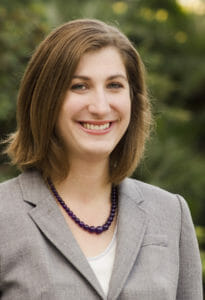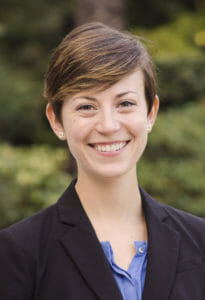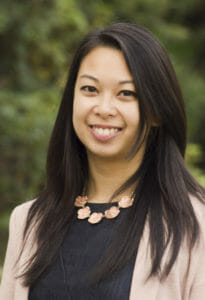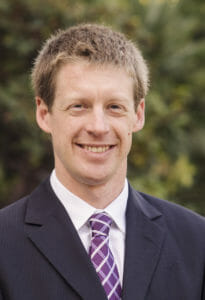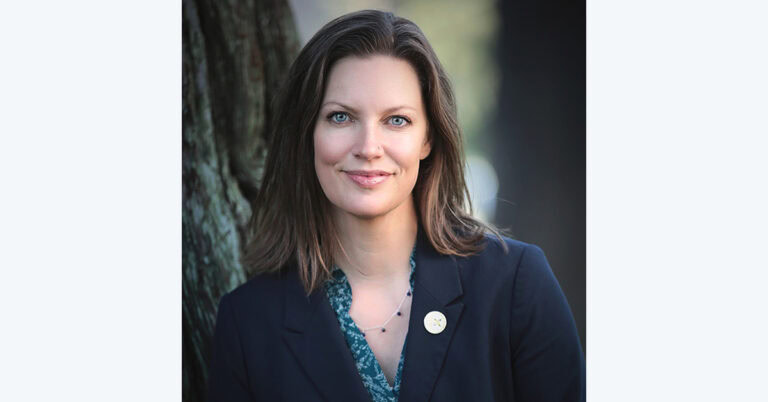Deputy Director
From the Lab Bench to the Legislature: Welcome Our 2017 CCST Science Fellows
January 9, 2017 | CCST S&T Policy Fellows
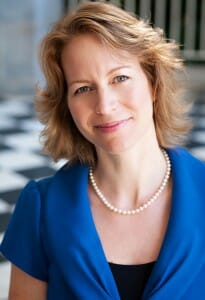
Dear Friends and Colleagues,
What does public service and social impact mean to you? For nine PhD scientists, making impact and serving the public will mean a year of training and working as legislative staff in the California State Legislature in 2017.
I am thrilled to officially introduce the 2017 Class of our CCST Science & Technology Policy Fellowship — a program that grooms scientists and engineers for careers in public policy, while helping to equip California’s lawmakers with science-savvy staff.
Our 2017 CCST Science Fellows hail from as far away as Germany and as close as Berkeley, and their technical expertise spans the fields of stem cell research, atmospheric chemistry, biofuel processing, and wildlife toxicology. These nine PhD scientists reported to our Downtown Sacramento headquarters last November, undergoing our annual “training boot camp” — a crash course on the process, history, and landscape of California policymaking — plus skills development workshops on how to adapt to the culture of the State Capitol.
Who are these talented, passionate professionals, and which California State Senate and California State Assembly offices are they now working in? Let’s meet our 2017 CCST Science Fellows:
Jen received her PhD in Cellular and Molecular Biology from the University of Michigan, studying the genes which instruct stem cells to form blood cells in humans. Chase completed her BS in Biochemistry and BA in Spanish at South Dakota State University. Jen’s placement is with the Assembly Committee on Privacy and Consumer Protection.
Julianne received her PhD in Neuroscience from Ruprecht-Karls-Universität Heidelberg in Germany, where she studied methods to stimulate nerve cell regeneration to treat spinal cord injuries. McCall completed her MS in Biomedical Sciences at UC San Diego and her BS in Neuroscience at Denison University in Ohio. Juilianne’s placement is with the Senate Office of Research.
Laura received her PhD and MS in Chemistry from the University of Oregon, where she studied how gases interact with liquids at industrial and atmospheric surfaces. McWilliams completed a master’s certificate at Banaras Hindu University in India, and her BS in Chemistry at Lyon College in Arkansas. Laura’s placement is with the Assembly Committee on Utilities and Energy.
Bao received her PhD in Bioengineering from the University of Maryland, College Park, where she studied methods to generate human bone tissue using adult stem cells. Nguyen also received her BS in Bioengineering from the University of Maryland. Bao’s placement is with the Senate Committee on Health.
Bish received his PhD in Cell and Molecular Biology from the University of Washington, where he studied the use of gene editing to create HIV-resistant white blood cells. Paul also completed his BS in Cell and Molecular Biology at the University of Washington. Bish’s placement is with the Assembly Committee on Elections and Redistricting.
Mike received his PhD in Environmental Science, Policy, and Management at UC Berkeley, where he studied the biodiversity of rivers and the accumulation of toxic pollutants in wildlife. Peterson completed his MS in Environmental Science at Western Washington University, and his BA in Biology and Environmental Studies at Whitman College in Washington. Mike’s placement is with the Senate Committee on Natural Resources and Water.
Anna received her PhD in Developmental Biology from UC San Francisco, where she used laser microscopes to study molecular signaling critical to proper embryo growth and formation. Reade completed her BS in Cell and Developmental Biology at UC Santa Barbara. Anna’s placement is with the Senate Standing Committee on Environmental Quality.
Mikel received his PhD in Plant Biology from UC Berkeley, where he studied the molecular mechanisms of cassava bacterial blight, a disease of agricultural significance in the tropics. Shybut completed his BA in Biological Chemistry and in Russian at Grinnell College in Iowa. Mikel’s placement is with the Senate Committee on Transportation and Housing.
Kristin received her PhD in Mechanical Engineering from Carnegie Mellon University, where she studied how microalgae responded to physical stimulus, which has implications for designing biofuel processing techniques. Warren completed her BS in Mechanical Engineering at Kettering University in Michigan. Kristin’s placement is with the California Legislative Black Caucus.
This marks the eighth class of CCST Science Fellows we have convened. CCST is once again grateful to the Offices of the Speaker of the Assembly and the Senate President pro Tem for providing us with this incredible opportunity to serve the Legislature. We also thank the Gordon and Betty Moore Foundation, William and Flora Hewlett Foundation, WHH Foundation, TOSA Foundation, Heising-Simons Foundation, and many other philanthropic foundations and individuals who generously underwrite this nonpartisan, nonprofit program — which receives no government funding and is entirely donor-supported.
California is the sixth-largest economy in the world, and California’s policies on climate change, transportation, health, innovation, and so many other topics are a guiding presence for many in the United States and the world. CCST understands that California’s policies are stronger with science — we are proud to continue our Science Fellows program as a springboard for science policy careers, and as a service to California’s citizens.
If you’re a member of the Capitol community curious to learn more about our CCST Science Fellows, do come by our K Street office for a conversation. If you’re a scientist or engineer who is eager to make your mark as a CCST Science Fellow, then complete your application now to join our 2018 Class.
And if you are a Friend of CCST who made a recent gift to help sustain this important program — thank you so much for your support! Please join me in wishing our 2017 CCST Science Fellows a successful year in Sacramento.
— Amber Mace
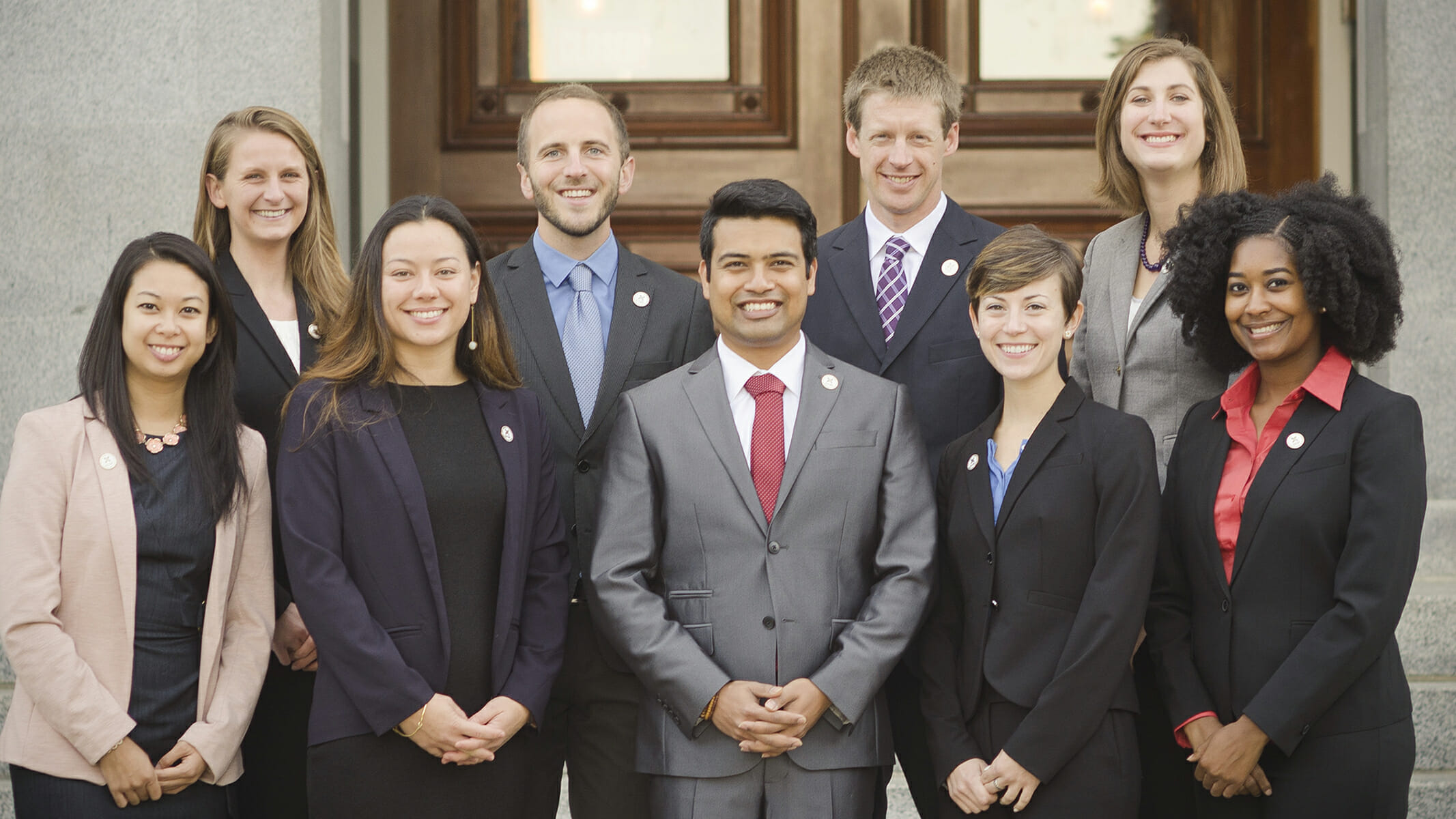
Amber Mace, PhD, is the Deputy Director of the California Council on Science and Technology and a Policy Fellow at the UC Davis Policy Institute. Mace formerly served as the Executive Director of California Ocean Protection Council and Assistant Secretary for Coastal Matters at the California Natural Resources Agency, after serving as a Sea Grant Knauss Policy Fellow in the U.S. Senate. Mace received her PhD in ecology from the University of California, Davis.
Download a printable handout introducing our 2017 CCST Science Fellows: (PDF | 872KB)
Follow updates from the CCST Science Fellows on Facebook at facebook.com/ccstfellows and on Twitter @CCSTFellows. Explore the CCST Science & Technology Policy Fellowship here.
Find the California Council on Science and Technology on Facebook at facebook.com/ccstorg, on Twitter @CCSTorg, and on LinkedIn. Learn more about CCST at www.ccst.us.

